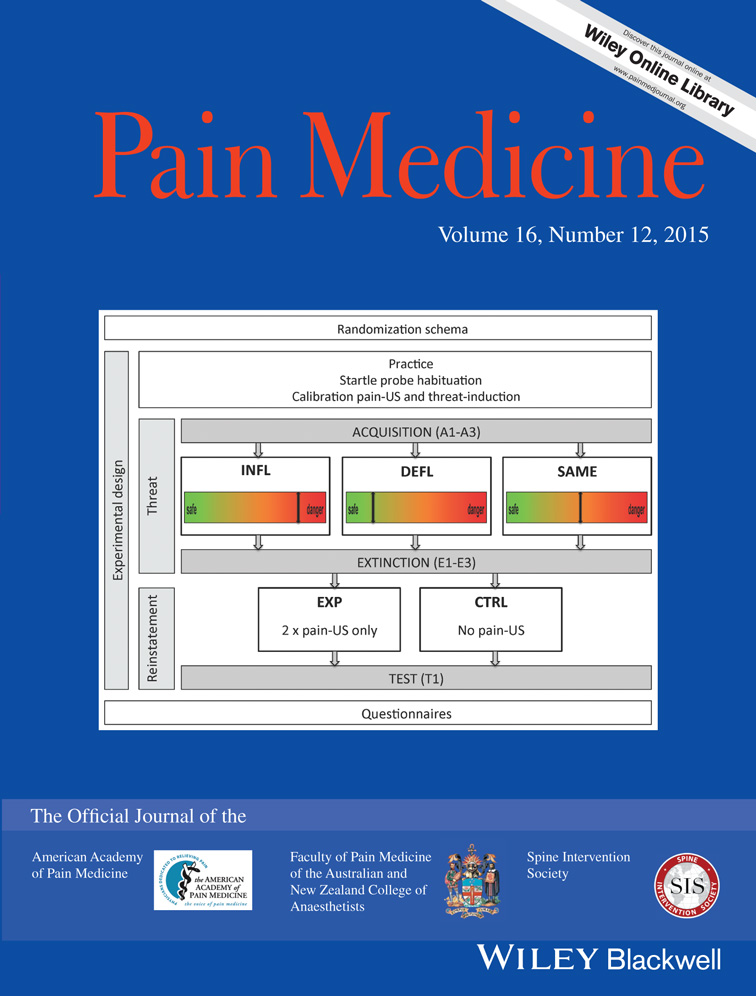
TKA: Continuous femoral nerve analgesia decreased pain, opioid analgesia, and increase ROM

TKA: Continuous femoral nerve analgesia decreased pain, opioid analgesia, and increase ROM
A randomized trial of epidural analgesia followed by continuous femoral analgesia compared with oral opioid analgesia on short- and long-term functional recovery after total knee replacement
Pain Med. 2012 Jul;13(7):937-47. doi: 10.1111/j.1526-4637.2012.01409.x. Epub 2012 Jun 8Did you know you're eligible to earn 0.5 CME credits for reading this report? Click Here
Synopsis
62 subjects undergoing total knee replacement were randomized to compare pain and functional outcomes between two different analgesics treatment methods. Patients received epidural anesthesia followed by either oral analgesics or continuous femoral nerve analgesia (CFA). Patients who received CFA for 24 hours displayed lower pain scores and reduced opioid use during hospitalization, and also had g...
To view the full content, login to your account,
or start your 30-day FREE Trial today.
FREE TRIAL
LOGIN
Forgot Password?
Explore some of our unlocked ACE Reports below!

Learn about our AI Driven
High Impact Search Feature
Our AI driven High Impact metric calculates the impact an article will have by considering both the publishing journal and the content of the article itself. Built using the latest advances in natural language processing, OE High Impact predicts an article’s future number of citations better than impact factor alone.
Continue



 LOGIN
LOGIN

Join the Conversation
Please Login or Join to leave comments.